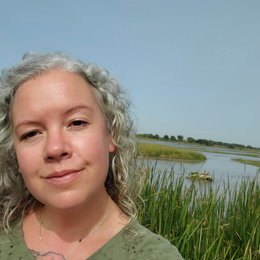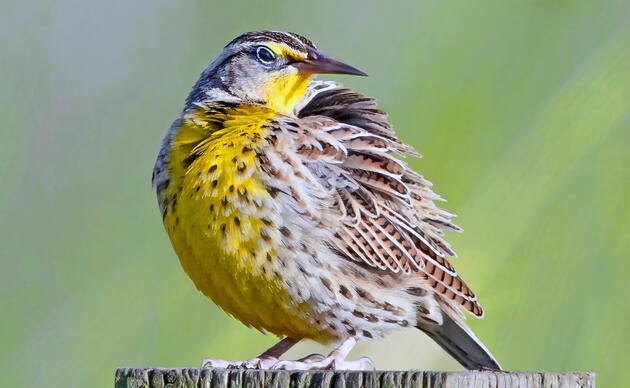In 2024, Audubon Great Plains continued to advocate for the protection of streamflow and the benefits that a healthy Platte River ecosystem offers both humans and wildlife who live within this iconic riverscape. Audubon has been a consistent voice in opposition to a proposal to transfer Platte River streamflow to the neighboring Republican River Basin because of the numerous adverse impacts that would result from the loss of this water. Streamflow is the foundation of the Platte River ecosystem, and as water is diverted from the River’s channel, all other ecological processes at play in this dynamic system become weakened.
The proposed “interbasin transfer” project that would remove water from the Platte River was first announced over five years ago. Throughout the slow review process headed-up by the Nebraska Department of Natural Resources, Audubon has been a clear and consistent advocate, reminding Nebraskans that this water provides a number of benefits to our state. In May of this year, Audubon spoke on behalf of our almost 9,000 Nebraska supporters at a public hearing on the proposed transfer, highlighting the value of streamflow remaining in the Platte River and the potential consequences of its removal.
Approval of the interbasin transfer project would change the long-standing policies that Nebraska uses to ensure that water supplies are shared equitably. In Nebraska, decisions about how to allocate water are made based on the hydrology of the watershed that those beneficial uses occur in, rather than at the larger and more arbitrary scale of our state’s geographic boundaries. This means that water management decisions are made locally, by those who have an intimate understanding of the environmental and social implications of giving water to one use over another.
In Nebraska’s history, no transfer of surface water from one river basin to another has ever been approved as a means of dealing with a shortage in water supply.
If this proposed transfer of water out of the Platte River Basin is approved, it will set a new precedent for water management in Nebraska – one that puts future water supplies in the Platte and other watersheds throughout the state at risk for export to locations far from their origin.
Exporting streamflow native to the Platte River Basin could have further policy implications for the State of Nebraska. The Platte River Recovery and Implementation Program (PRRIP) is a cooperative agreement between the states of Nebraska, Colorado, and Wyoming, as well as the federal government and private water users along the Platte. The purpose of PRRIP is to restore and improve critical habitat in the central Platte River for federally endangered and threatened species, including the Whooping Crane and Piping Plover. The arrangement under PRRIP does not only improve habitat for endangered and threatened species, but also provides Nebraska and its water users with the security of remaining in compliance with the Endangered Species Act. Approval of the interbasin transfer could very well put Nebraska and its citizens in danger of non-compliance with federal law – placing a powerful and more critical eye on our current water uses.
Finally, Nebraska has put its own regulations in place in order to protect our water users by designating portions of the Platte River system as either “over-appropriated” or “fully appropriated”. According to Nebraska state statute, this means that the current uses of water within the Platte River Basin are unsustainable over the long-term and that approving additional uses of Platte River water would not be in the public interest.
A decision on whether the proposed interbasin transfer project can move forward is not expected from the Nebraska Department of Natural Resources until at least 2025. In the meantime, Audubon will continue to work with partners and other advocates for the Platte River to ensure that the benefits of protecting streamflow in this Basin are recognized.




